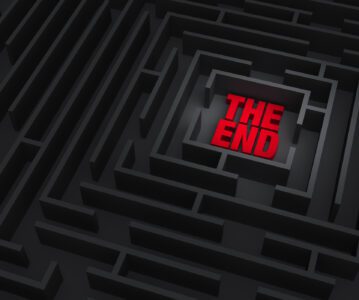How to Know When Its Done
At some point, after all the writing and revising, your book will be done. Unfortunately, no one knows when that will be. Every author has to figure that out for themselves—and sometimes figure it out anew with each new book. It is more of an art than a science, but I will try to help you with what I know about when to pull the trigger and publish the thing. Most of us know what a first draft looks like. Some are sloppier than others, but most have flaws of some sort in the structure or the prose. Sections might...











